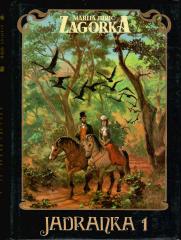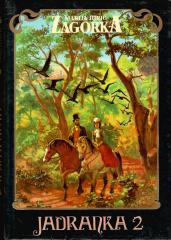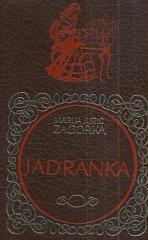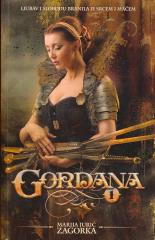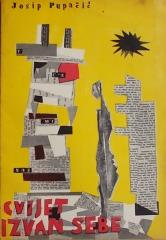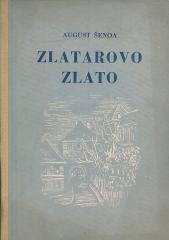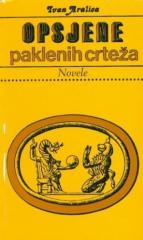
Jadranka 1-2
"Jadranka" is a story about a woman who refuses to adapt to social expectations and who proves the strength of her own beliefs with her actions. In this novel, Zagorka emphasizes the importance of personal freedom and moral integrity in the fight against
The novel "Jadranka" by Marija Jurić Zagorka is a love story that takes place in the context of Croatian civil society in the period of Bach's absolutism (1850-1859). The work deals with social injustices, the collision of tradition and modernity, and the position of women in society, which are also frequent motifs in Zagorka's literary work.
The main character, Jadranka, is a young and intelligent girl from a poor bourgeois family. Despite poverty and social restrictions, Jadranka dreams of a life full of love, freedom and self-realization. Her character represents a progressive woman who refuses to blindly follow social norms.
The story begins with Jadranka's struggle with her own family and social shackles. Her parents want her to marry a rich but emotionally cold and morally dubious man in order to get the family out of the financial crisis. Jadranka, however, refuses such a fate because she does not want to trade her happiness and dignity.
Milan, a young man from a higher social class, enters her life and falls in love with her. Their love story encounters many obstacles - from class differences to the scheming of the people around them. Despite all the challenges, Jadranka and Milan manage to overcome disagreements and fight for their love.
The novel also criticizes a society that favors the rich and powerful, while oppressing the poor and weaker. Jadranka's struggle is a symbol of women's emancipation and their right to decide their own fate.
Zagorka's style is characterized by vivid storytelling, emphasized emotionality and a keen sense of social injustices. The novel is dynamic, full of twists and turns and dramatic situations, which makes it exciting even today.
The book consists of two volumes.
Jedan višetomni primjerak je u ponudi.
